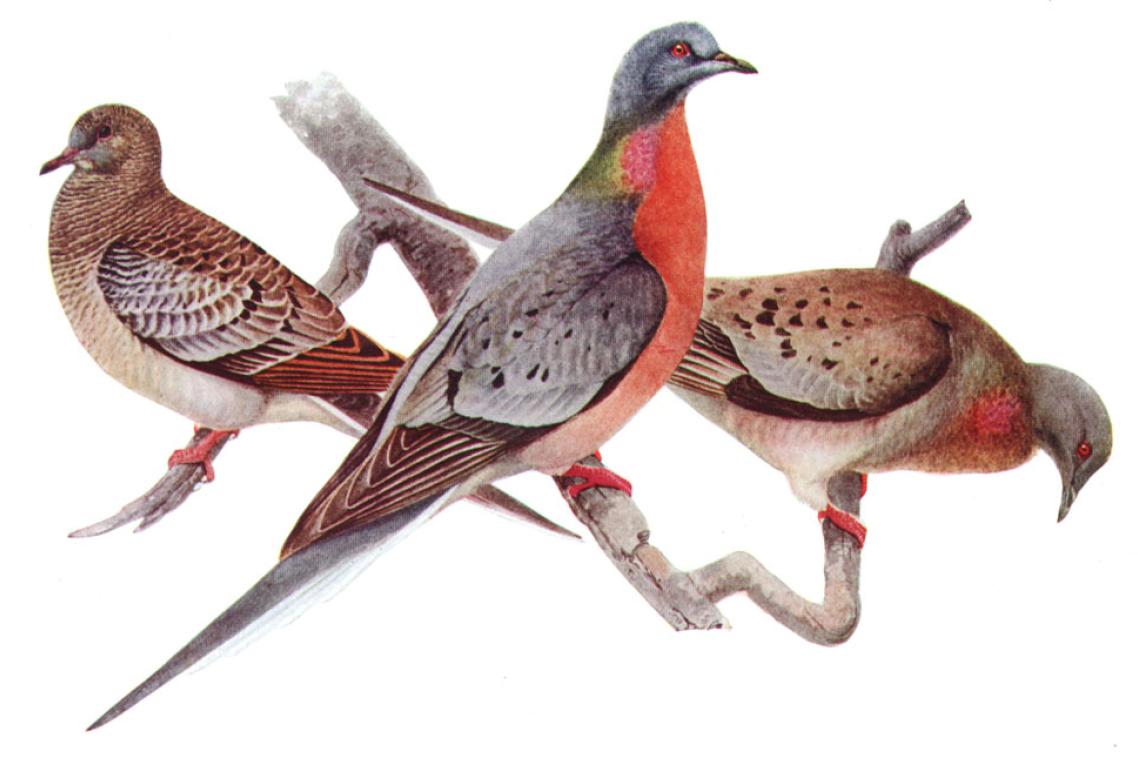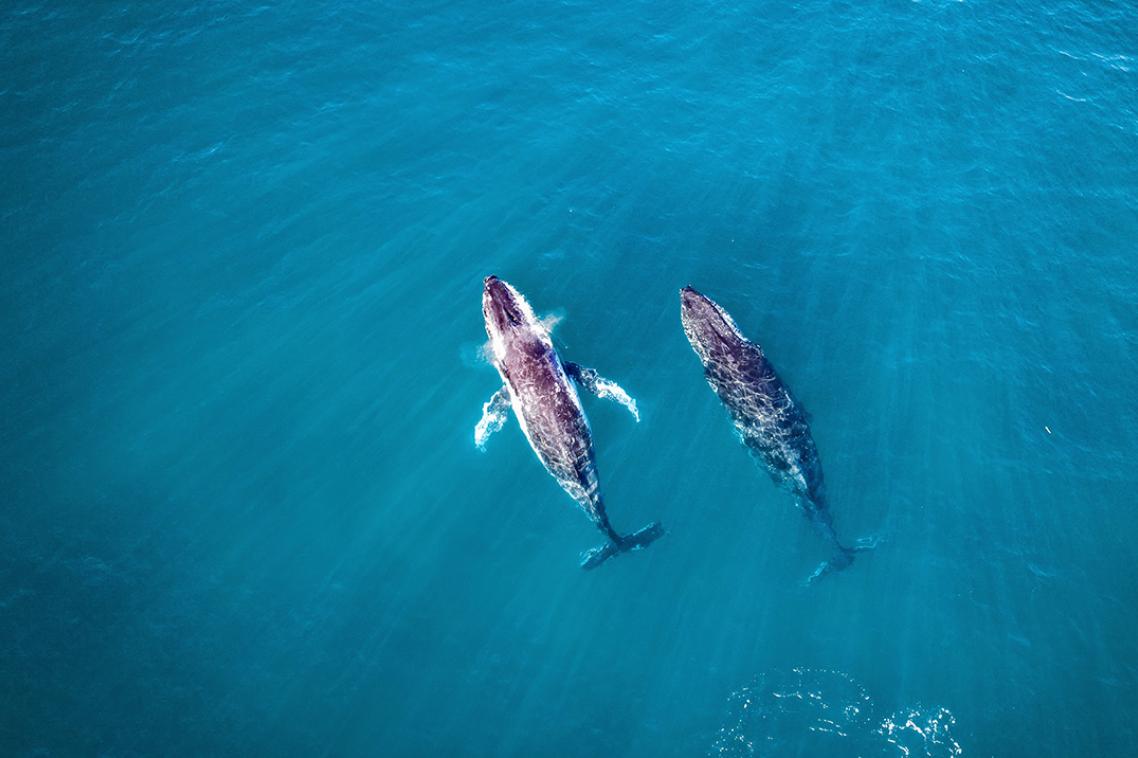What can extinct species do to help conservation?

The dodo, the passenger pigeon and the Tasmanian tiger are well-known victims of extinction caused by human behaviour, but could their status be used to help conservation efforts from beyond the grave?
Researchers from The University of Queensland and Charles Darwin University believe so.
Dr Vanessa Adams from UQ’s School of Biological Sciences said the status of these species could be used to save other threatened animals from the same grim fate.
“We often see already endangered animals such as giant pandas and black rhinos as the focus of specific conservation campaigns,” Dr Adams said.
“But the role of extinct species is often overlooked for these ‘flagship’ species.
“It could be effective to use already extinct animals to convince people to act.”
Despite the efforts of conservation groups, the number of threatened species continues to rise.
Some experts suggesting current generations are witnessing the sixth mass extinction — due to the largest loss of biodiversity in 65 million years.
There are 7678 species categorised as critically endangered, endangered or vulnerable on the IUCN Red List of Threatened Species.
“It is obvious we need to develop marketing and communications for conservation efforts,” Dr Adams said.
“Recognising the fate of lost species links the past to the present and makes extinct flagships an effective marketing approach for raising funds for threatened species conservation”.
“We can still save threatened species if we act now.”
Dr Adams said not all extinct species were suitable for flagship species — as central traits such as public familiarity and appeal should be considered.
The researchers said species used to champion conservation efforts needed to be accompanied with carefully designed media and marketing campaigns.
Media: Dr Vanessa Adams, v.adams@uq.edu.au, +61 7 3365 2527; UQ Communications, communications@uq.edu.au, +61 7 3346 7887.
Related articles

Decades of surveys show whale migration shift

Should you consent to your doctor using an AI scribe? Here’s what you should know.
Media contact
UQ Communications
communications@uq.edu.au
+61 429 056 139
